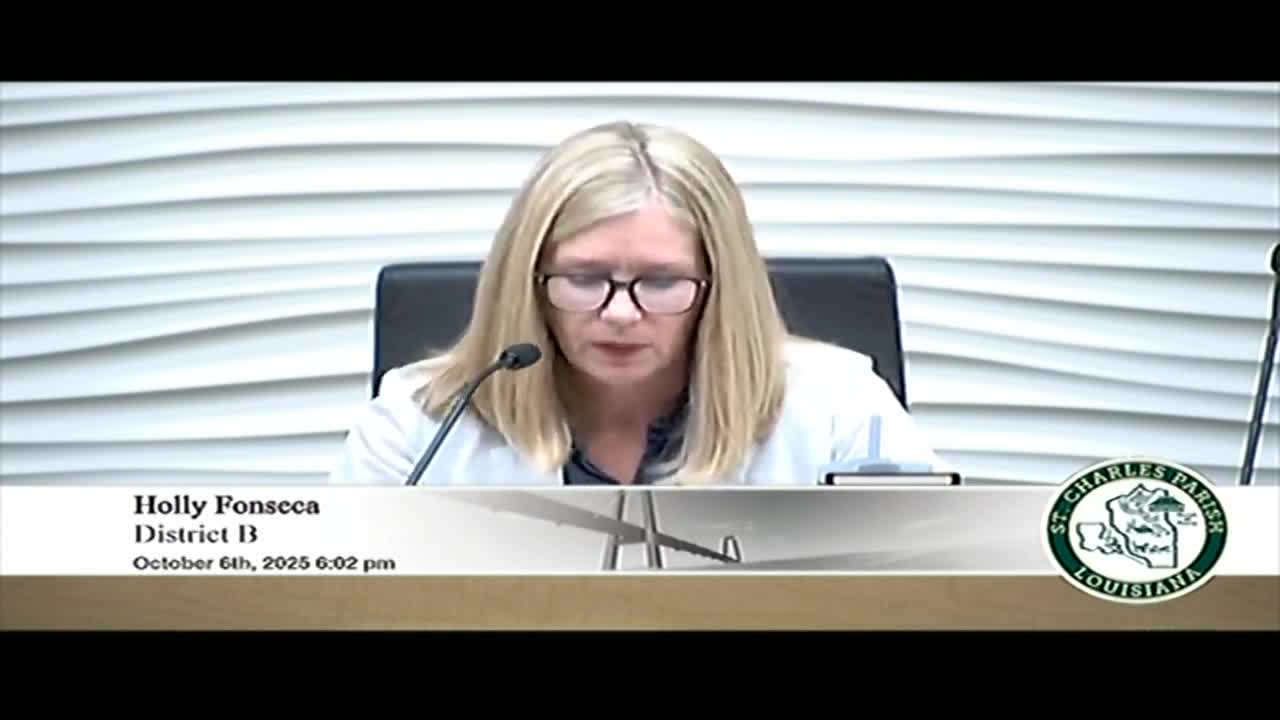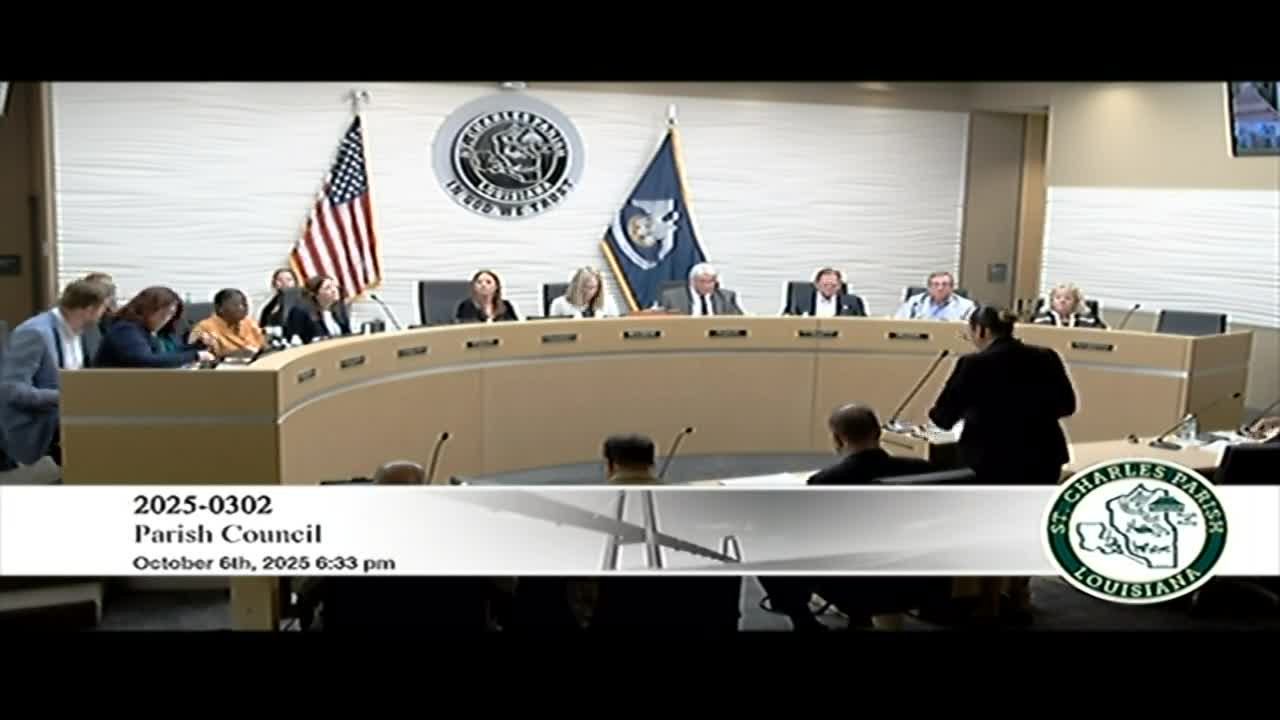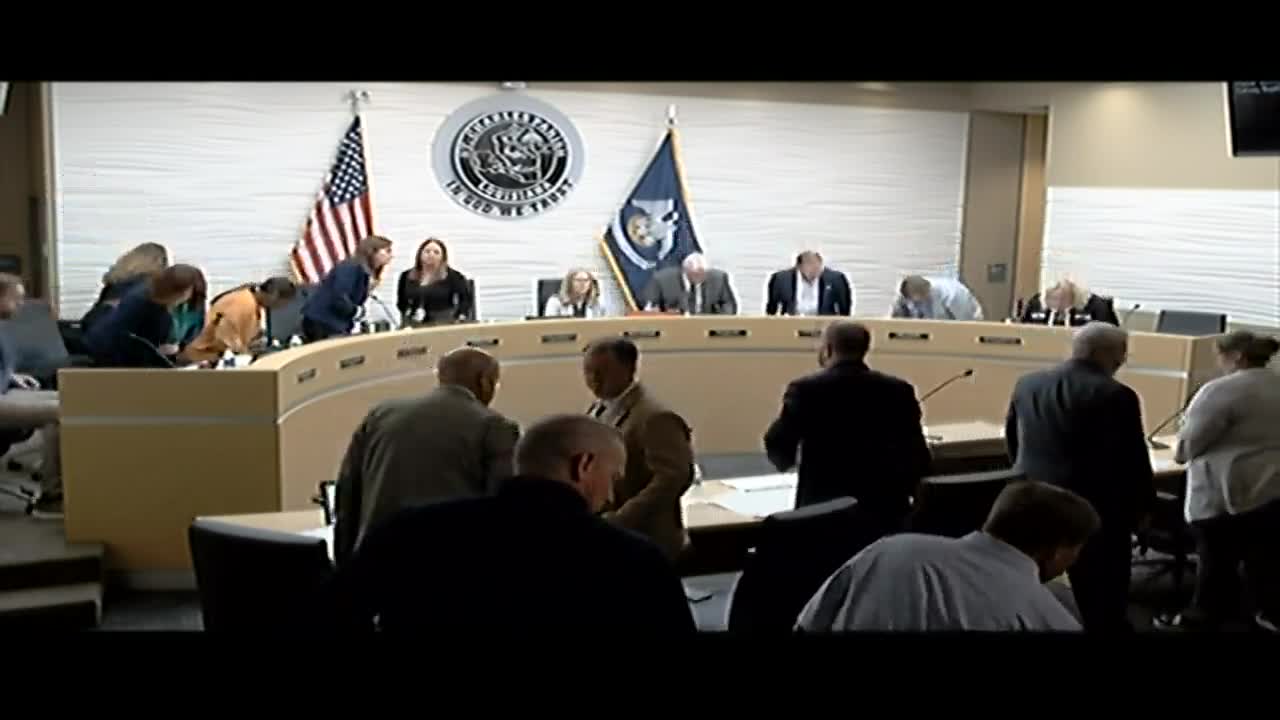Article not found
This article is no longer available. But don't worry—we've gathered other articles that discuss the same topic.

Monsanto agent urges large assessment cut for Luling plant; assessor, council say evidence falls short

River Parishes Tourist Commission reports $163 million annual visitor spending, highlights events that drove hotel bookings

